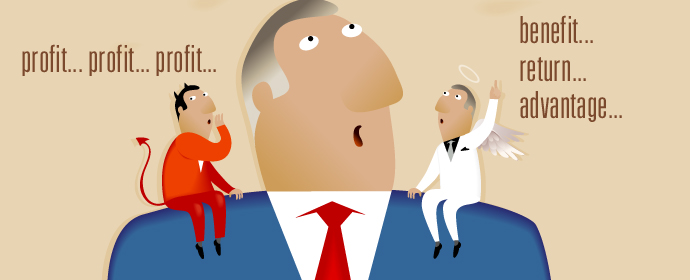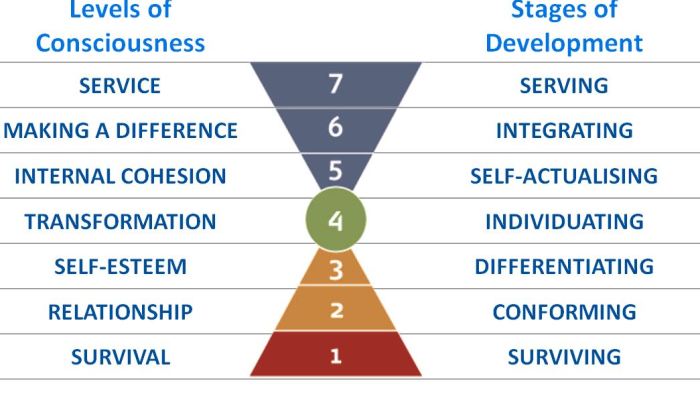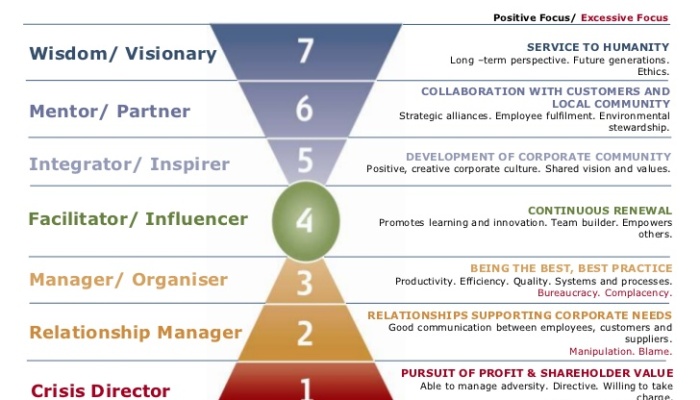Does the word ‘conscious’ make you switch on or turn off?
Last night I went to an interactive discussion around Conscious Leadership with a group of 30 other people who were invited through Conscious Café, a select group run by entrepreneur, motivational speaker and founder of publishing company Piatkus Books, Judy Piatkus. For some time now, Judy has been keen to explore the group’s thoughts, feelings and bias towards the use of the term ‘conscious leader’.
What I particularly liked about the evening was that the facilitator Judy had (well) chosen, Charlie Efford, didn’t at any point seek to influence or tell us what he thought conscious leadership actually meant, which to me was a good example of conscious leadership in action. You see, Charlie works with these ideas, a lot. An ex-army disciplinarian (at one point, not so evident now with his easy manner and open approach), Charlie runs a business called Conscious Leaders and his honesty and authenticity meant sharing with us the fact that even he, with years of research and experience, is still on a journey to discover a truly accurate meaning and description of what a conscious leader might look like, know, manage, deliver and, well, be.
There was certainly plenty of talent in the room. From TV producers, media gurus, tech & innovation experts, to some that had been ‘on every corporate leadership programme going’ and others who’d been bankers and chosen to step out of the hot seat, retraining as NLP practitioners and coaches. So inevitably out of the discussions came interesting points and questions raised. The two that seemed most poignant to me were:
“Can a conscious leader act consciously towards their shareholders, staff, customers and the planet? Is it even possible to keep everyone ‘happy’ and to act in all those parties’ interests? “
and
“There is the suggestion that by being ‘conscious’ a person is therefore a good leader/person, but is that actually what we mean?”. By ‘good’ I would suggest here we mean ‘authentic’.
The discussions from these questions inevitably led us to talk about profits. The place of most, if not all, conflict.
If profitability is the number one agenda (how otherwise can a business pay the salaries and the shareholder dividends) then how can one act ethically/authentically (if indeed that’s what we believe being a conscious leader means)? Most of us agreed that realistically, sensibly, we cannot be idealistic and expect profit to fall way down the list of priorities in the pursuit of world peace and harmony. After all, money is energy and it needs to flow for there to be health, whether you’re a business or an individual.
The answer of course lies in this. By shifting the priorities around a little; putting employees at the top of the list by investing in them to ensure they are happy, motivated and fulfilled, leads to healthy profits as a result.
Conscious Leadership = happy employees = healthy profits = happy shareholders
It’s a model that’s easy to understand and many organisations are beginning to see the value in this. In fact at The Life Adventure wrote a paper on this recently. You can download here if the subject is of interest.
I also loved the idea which was raised on the subject of conscious leadership within communities. We naturally assume we’re talking about the business world, but what about what we want out of life, outside of the workplace? At present much of this is left to local government and the odd brave person who tries to stand up against any injustice and improper behaviour. But by helping others within our communities to become more conscious, acting as conscious leaders, then we stand a good chance of creating a better world in our more immediate surroundings too.
A great example of conscious leadership in action lies within an enlightening organisation that exists in the Netherlands, set up in 2006. Burtzoorg (Dutch for neighbourhood care), is the vision of CEO Jos deBlok and a team of colleagues who believed that ‘Nurses don’t need management, they just need each other’.
Charlie has written about them on his blog which you can read fully here, but as a quick summary, they are guided by
(1) PURPOSE
(2) GENUINE SELF- MANAGEMENT
(3) VALUING THEIR PEOPLE:
- A strong meaningful purpose that guides the organisation and motivates all who work there. When people believe (at a heart level) in what the organisation is doing they don’t need to be motivated by their leaders
- Genuine Self-management. Teams are trusted to make their own decisions in the best interests of patients and the company. Self-management doesn’t work if delegated powers are removed as soon as management feel uneasy. In other words, you either trust me or you don’t.
- People are valued and respected for who they are. Nurses listen to each other and both give and take advice in the spirit in which it is meant. Competition between teams is healthy and not about winning and losing
In terms of further reading and resources around the subject, here are a few suggestions that came up over the course of the evening:
Frederic Laloux – ‘Re-investing Organisations’ . Laloux has written a book on the subject and it’s worth 1.5 hrs of your time to hear his talk on the subject.
Something you’re probably all familiar with, Richard Barrett and the Barrett Model, which many development organisations often refer to. If you want to check it out, you’re best doing a google search starting with some background here on Wikipedia. Whether you agree with me or not, I find the Barrett Model interesting. How we begin with survival, move into confirming and relationship, leading up to making a difference and serving others. Here’s a quick look:
Another suggested read was Power vs Force by David R Hawkins and Ten Billion by Stephen Emmot although the Guardian doesn’t seem so fond of this, read their review here.
It’s worth having a look at London-based ‘Heart in Business’ to see what they are doing too.
By the end of the evening we’d covered really good ground and had some fascinating discussion. But the fact that remains that we still left on the question of what consciousness itself actually means. To me, this suggests that we’ve all still all got a long way to go until we have a true understanding of where we’re going and where we need to be. Ultimately, my view is that if we begin with ourselves and be the change that we want to see in the world (as the saying goes) and become truly authentic, then we’ve got a good chance.
Easy then…
Justine Clement




